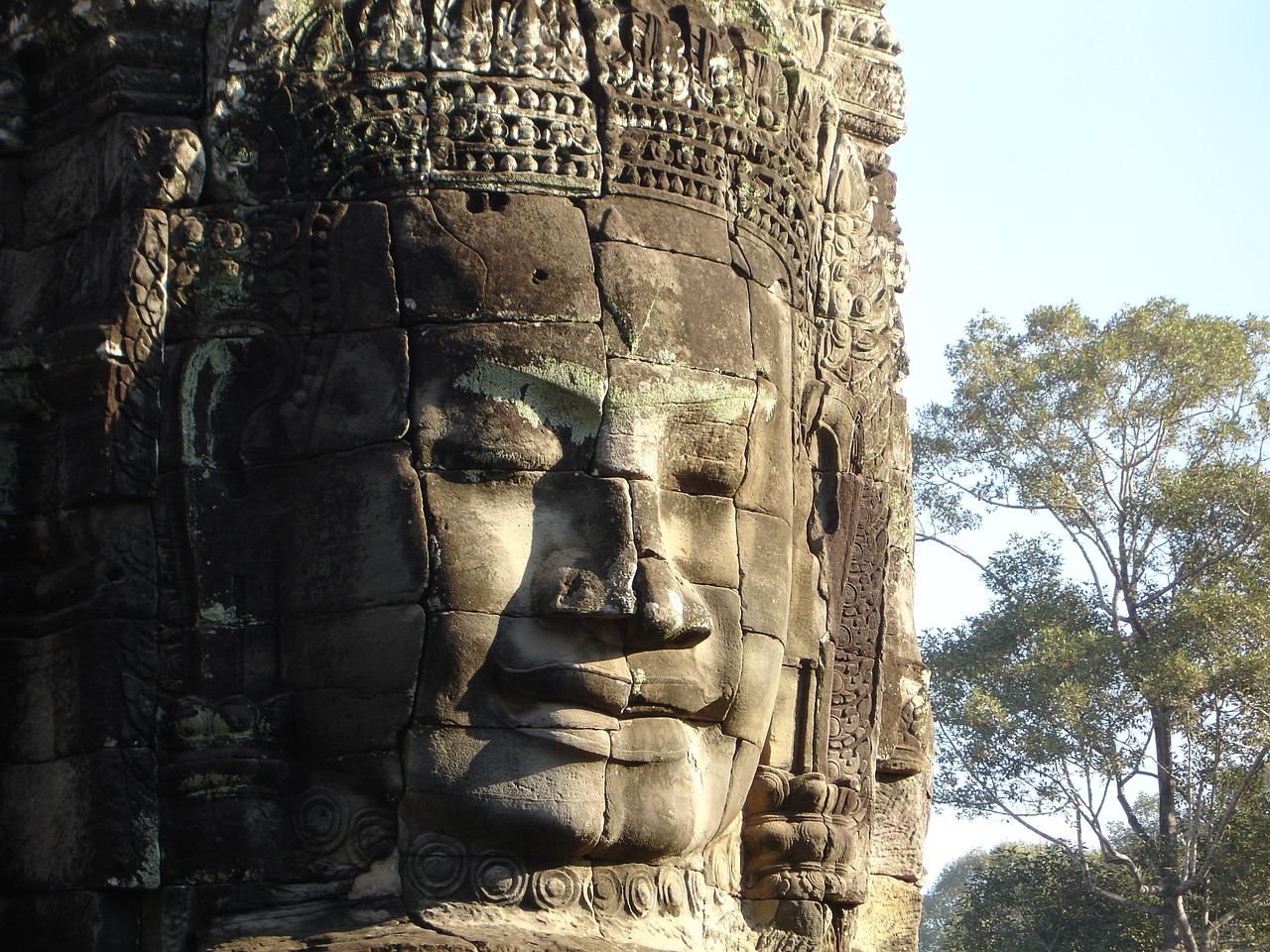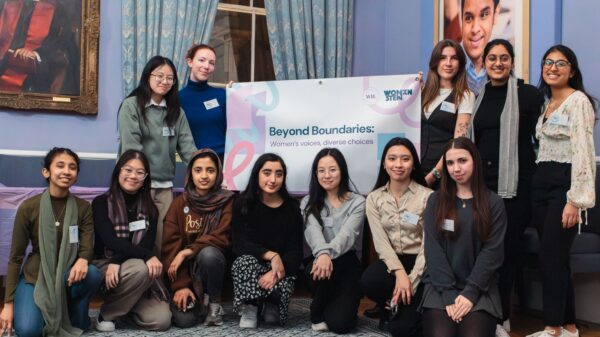Roar writer Radha Raheja on the responsibility KCL’s religious societies have to acknowledge discordant events amidst their core communities.
Religion is confusing. Its widely debated histories, the evolution of its prejudiced traditions, and its relevance in the modern world are deeply sensitive topics. Yet divinity and faith provide a sense of security and identity to many. At King’s (and most other UK universities), students come together to form religious societies for their communities.
Religious societies at KCL, such as the Christian Union and the Hindu Society, serve as representatives of their doctrines on campus. They share common objectives: to allow community members to socialise, spread knowledge about their devotional practices, and hold discussions on theological matters. These are all respectable aims. However, around the world, religion is mixing with state affairs to give birth to a new wave of communalism. This can be seen within the renewed Hindutva movement in India, or the Israel-Palestine conflict. Such changes require more difficult conversations. In the face of such unsettling developments through the agency of religion, is it okay for religious societies to stay silent?
Let’s look at the relationship between the KCL Hindu Society and Hindu nationalism in India for this article.
The past year saw India facing another wave of extremist Hindu nationalism following the passing of the Citizenship Amendment Act. Cities burned and people marched, but the atmosphere was a bit different here at KCL. As the Delhi Pogrom took place in its community, the Hindu Society continued to promote its own events without acknowledging the violence.
In fact, on the day of one particularly harrowing incident where a Hindu fundamentalist opened fire on peaceful protestors, the society could be found celebrating its annual “Maharaja Ball” and posting about it on social media.
I respect the inclination to celebrate one’s culture. I also acknowledge that massive amounts of planning and resources go into the arrangement of successful programmes, and I did not expect the society to cancel its long-awaited event. However, I also do not think it would have been unreasonable for them to voice a single statement of solidarity over the  three months during which protesters rallied for a secular India. Notably, the Hindu Society does not always remain neutral on issues of social justice – they did post some thoughtful words in support of the Black Lives Matter movement on Blackout Tuesday.
Sadly, the apathy is not relegated to just one issue. The Caste System, an ancient institution of social stratification, is arguably one of the gravest injustices born of the Hindu religion. A quick search on social media for #DalitLivesMatter, which trended alongside #BLM in India, provides insight into the severe ramifications of the system in the Indian subcontinent. The KCL Hindu Society pledges to have “thought-provoking talks and debates” about Hinduism. It has touched upon some issues such as “LGBT and Dharma” in the past but has not organised any events to discuss the caste system’s fallacies. Indeed, a confounding article written by the society’s former president seems to tout the “traditions and customs” of caste as a remedy for the effects of colonisation on Hindu culture.
We are living in a time where religious extremism is slowly but surely taking hold of political affairs in multiple nations. Therefore, the question remains: to what extent should religious societies at King’s remain passive towards the oppression often promoted by their communities? These societies actively do the good work of providing safe spaces for students to practice their beliefs. But now, perhaps it is also time for such groups to be open to discussions about complex issues; a reasonable expectation in the academic environment they are a part of.
I sincerely hope that the convenient silence of these groups does not lead to complicity, fostering injustice in an already divisive world.
Â

















